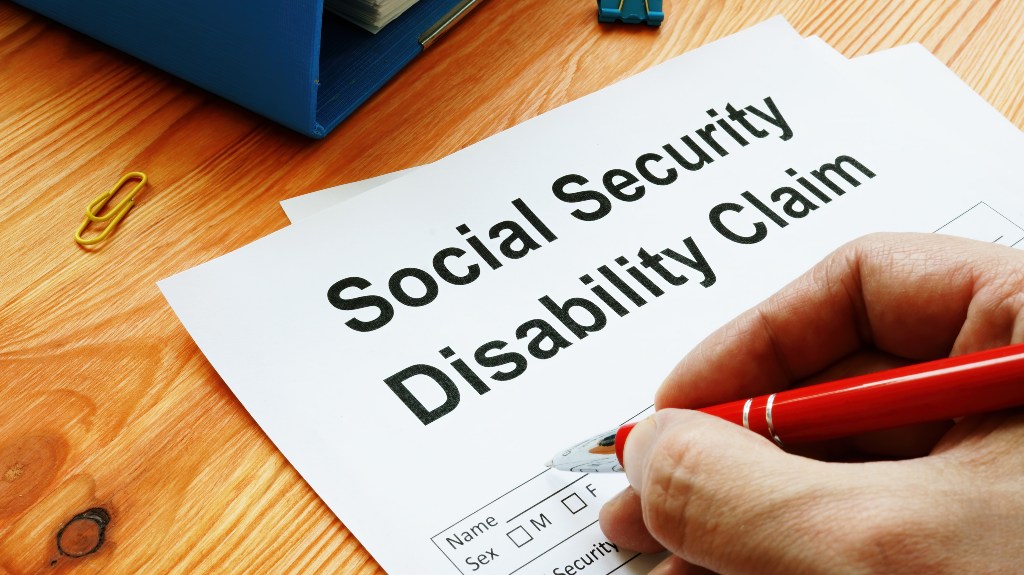
Age is often regarded as merely a number. However, the Social Security Administration may pay attention to this number when evaluating disability claims. Social Security Disability Insurance (SSDI) is a federal program designed to provide financial assistance to individuals who are unable to work due to a qualifying disability. Eligibility is typically based on work history and the severity of the disability, not age alone. In this blog we are going to be going over the requirements for SSDI and age criteria necessary for obtaining SSDI.
General SSDI Requirements
To qualify for SSDI, individuals must meet the following criteria:
- Work Credits: Applicants must have accumulated enough work credits through their employment history, typically earned through paying Social Security taxes. The number of work credits required depends on the age at which the disability began.
- Disability Definition: The SSA defines disability as the inability to engage in substantial gainful activity (SGA) due to a medically determinable physical or mental impairment expected to last at least 12 months or result in death.
Is There a Minimum Age for SSDI?
There is no minimum age requirement to apply for SSDI benefits. However, individuals must have a work history and have earned sufficient work credits based on their age at the onset of disability. This means that younger individuals who become disabled may still be eligible if they have worked and paid Social Security taxes long enough to qualify. Determining your work history is a little complicated. In most cases, you need 40 credits and 20 of those credits must be earned within the last 10 years. You can earn up to 4 credits per year. Earning these credits is entirely based on your wages and the amount to earn a credit goes up each year. In 2023, every $1,640 in wages earns you one credit. So, once you’ve earned $6,560 in 2023 ($1,640 X 4), then you have earned your maximum 4 credits for this year.
Read More: Can Young People Get SSDI?
Is There a Maximum Age for SSDI?
Unlike some other benefits programs, SSDI does not have a maximum age limit for eligibility. Individuals of any age who meet the SSA’s disability criteria can apply for benefits, provided they have a qualifying work history and have earned sufficient work credits. People often apply for disability because they can no longer do their job, but they may be able to train for and perform a different job without difficulty so the SSA doesn’t want to approve in situations like that unless the age of the applicant would make such vocational training impractical or even infeasible. Generally, at the age of 55, the requirements for disability are simply lower because of this. Additionally, when SSDI recipients reach their full retirement age, their disability benefits seamlessly convert to retirement benefits. The amount remains the same, but the benefit is no longer classified as SSDI. Recipients do not need to reapply or undergo a new evaluation once they reach full retirement age. The transition is administrative and typically occurs without requiring additional paperwork.
Read More: Does it Get Easier to be Approved for SSDI the Older You Get?
Find Legal Help Getting the SSDI Benefits You Need

Are you trying to get the SSDI benefits that you deserve? If you have been denied benefits, then you should reach out to Tabak Law for a free case review. When you work with Tabak for the Payback, you do not have to worry about payment. We don’t get paid unless you win and we only get paid out of your backpay meaning that our services will pose no risk or adjustment to your ongoing payments.
Nothing posted on this website is intended, nor should be construed, as legal advice. Blog postings and site content are available for general education purposes only.
